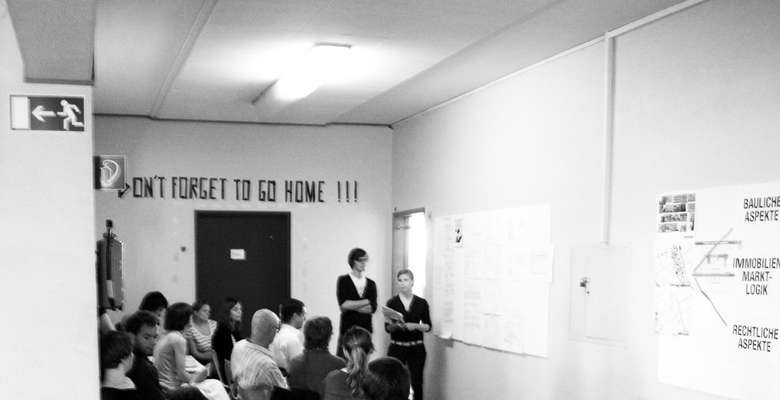Idea by
Gözde Sarlak-Krämer
Call for ideas 2021
Surviving Architecture and Planning Education
Surviving Architecture and Planning Education

- Systemic changes
Compromising the psychological and physical wellbeing of students and educators, pushing them to their physical and emotional limits that might lead to burn-out and exhaustion, architecture and planning education still largely relies on maintaining systems of oppression and domination of (social) bodies. This project will address the “landscapes of care” call through the lens of the (social) bodies of students and educators as being affected by and affective of these systems. Specifically, the project will draw attention to marginalized, situated experiences of exhaustion through testimonies of collective struggles, and historical and contemporary pedagogical experiments in architecture and planning education from Europe and beyond. It will tackle the architectural curriculum as a central space to both explore how everyday social and material practices that contribute to this exhaustion and how to intervene pedagogically to nurture ethics of care and repair for planetary wellbeing.
Surviving Architecture and Planning Education
Surviving Architecture and Planning Education

- Systemic changes
Compromising the psychological and physical wellbeing of students and educators, pushing them to their physical and emotional limits that might lead to burn-out and exhaustion, architecture and planning education still largely relies on maintaining systems of oppression and domination of (social) bodies. This project will address the “landscapes of care” call through the lens of the (social) bodies of students and educators as being affected by and affective of these systems. Specifically, the project will draw attention to marginalized, situated experiences of exhaustion through testimonies of collective struggles, and historical and contemporary pedagogical experiments in architecture and planning education from Europe and beyond. It will tackle the architectural curriculum as a central space to both explore how everyday social and material practices that contribute to this exhaustion and how to intervene pedagogically to nurture ethics of care and repair for planetary wellbeing.